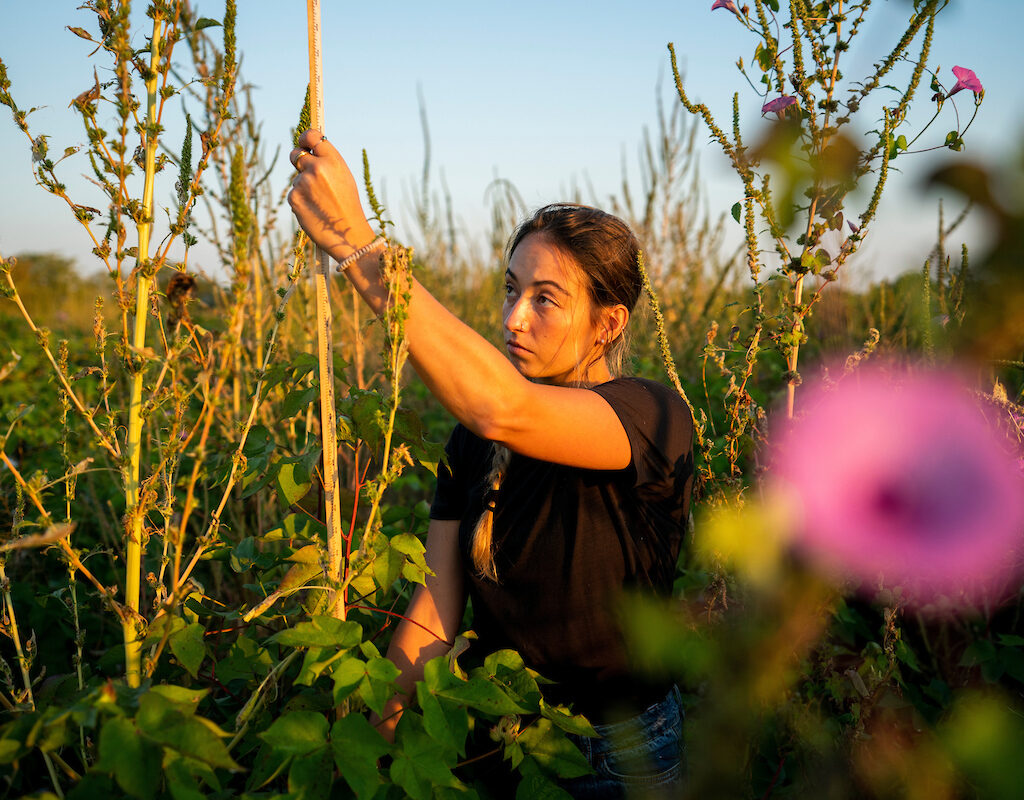Weeds & Invasive Plants
We offer educational resources on weeds, native weeds and invasive species of plants. Information on topics ranging from the economic and environmental harm of invasive species to how to control or eradicate them, as well as the important role native weeds play in our ecosystem, is available to all Texans.

Learn About
Weeds & Invasive Plants
Publications
Programs
All Resources on Weeds & Invasive Plants
- Publication
Get a beautiful, healthy warm-season lawn with our free warm-season turfgrass mowing guide! Based on the latest research, get tips on mowing height, schedules, and mower maintenance. Learn how to save time and get the best results, no matter your equipment. Download your copy today!
- Publication
It can be difficult for homeowners to differentiate between herbicide products available to them. This publication was created as an overview of several active ingredients commonly found in widely-available herbicides and simple tips for product selection.
- Publication
Get a beautiful lawn with overseeding! Our free guide walks you through choosing the right grass seeds, planting, maintenance, and more. Download your copy today!
- Publication
This 2-page quick reference guide for common rangeland and pasture herbicides includes information on active ingredients, trade names, grazing restrictions, hay harvest restrictions, and rainfast intervals.
- Publication
Using an integrated approach that combines cultural, mechanical, and chemical methods can help you manage weeds in pastures and forages effectively, economically, and with little harm to the environment.
- Publication
Weed identification is necessary to the success of any weed control program. Frequently, simple plant keys or "picture" identification guides are used to identify weeds. This handbook, which identifies and labels plant structures, can help one better understand the plant part terminology used in identification guides.
- Publication
This leaflet describes how to check for thatch and how to control it efficiently for home lawns.
- Publication
Western horse nettle is a weedy perennial in the nightshade family. Ranchers need to control it with herbicides to prevent livestock from ingesting poison that the weed produces. This publication specifies various herbicide options and the application rates for each one. (2 pages)
- Publication
Texas Cooperative Extension and the Texas Agricultural Experiment Station have developed, tested and approved two three-step ways to control Texas bull nettle. This publication explains how you can effectively deal with this native Texas plant and still be environmentally responsible at the same time. (2 pages)
- Publication
This publication explains two simple, effective and environmentally responsible methods for controlling common broomweed on rangeland.